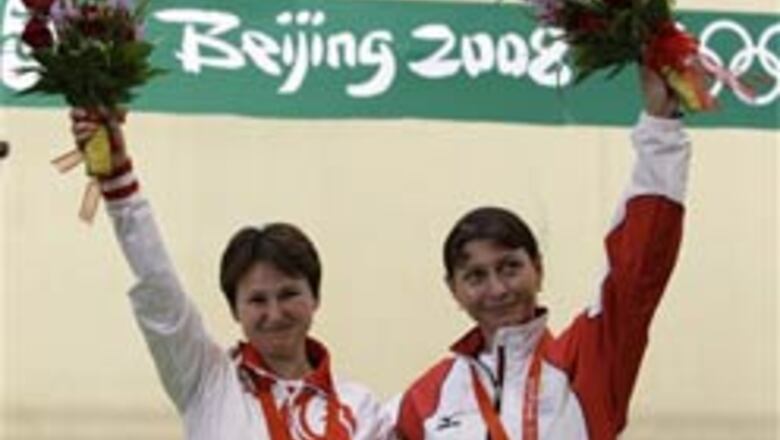
views
Beijing: Professing the International Olympic Committee was "extremely pleased" with the Beijing Olympics, President Jacques Rogge said the image of athletes from warring Russia and Georgia embracing would be his story of the Games.
"If I had a story to tell, it definitely would be the embrace and hug of Georgian and Russian athletes on the podium two days after there had been violent clashes in Georgia," Rogge said as he addressed the media on the final day of the global sports extravaganza.
While Rogge had said repeatedly in the run-up to the Games that the Olympics were no place for political statements, he said the gesture of comradeship between Russian army soldier and shooting silver medallist Natalia Paderina and bronze medallist Nino Salukvadze of Georgia epitomized the Olympic spirit.
"I think this kind of sportsmanship and fair play and brotherhood is remarkable," said the 65-year-old Belgian, himself a former Olympic yachtsman.
Overall, Rogge said, "The IOC is extremely pleased."
"We had a splendid village, we had state of the art venues, we had impeccable competition. More than 40 world records were set, more than 100 Olympic records, and of course we had the two icons of the Games, Michael Phelps and Usain Bolt."
America's Phelps became the first competitor to win eight gold medals at a single games, setting seven swimming world records in the process, while Bolt completed a rare 100m-200m sprint double and helped Jamaica to the 4x100 relay crown all with world-record times.
Their exploits helped push up TV ratings around the world, which, as Rogge noted "is also very important for us."
Rogge skated nimbly around questions regarding the Chinese government's response on such issues as human rights and internet access, and refused to be drawn into any debate on which country could legitimately claim victory in the medals tally.
With competition winding up on Sunday, China had locked up the gold medal tally by an impressive margin, but the always powerful United States were claiming superiority on total medals.
"We take no position on that," Rogge said.
Rogge did point out that the IOC was pleased to note an increase of countries represented in the medals table, up to 86 from 74 in Athens.
"This is pleasing because this is really a proof of the universality of the Games," he said.
But Rogge said the moment he found most touching in the 17 days of often frenzied competition didn't yield a medal at all.
Instead he recalled the heartbreak of American shooter Matthew Emmons, who for the second Olympics in a row failed at the final moment in the men's 50m rifle 3 positions.
Emmons enjoyed a comfortable lead going into his last shot but managed only a miserable 4.4 to drop to fourth place, a follow-up to his disappointment in Athens when he led in the final round but mistakenly fired at an opponent's target and failed to medal.
"What touched me most was the attitude of this man, saying 'This is a big failure, but I take responsibility and I will come back,'" Rogge said.
"The Games is not only about winning," he added. "It's about the struggle of every athlete every day to achieve his or her limits, and having this resilience and saying I will not give up. For me, that's fantastic."




















Comments
0 comment